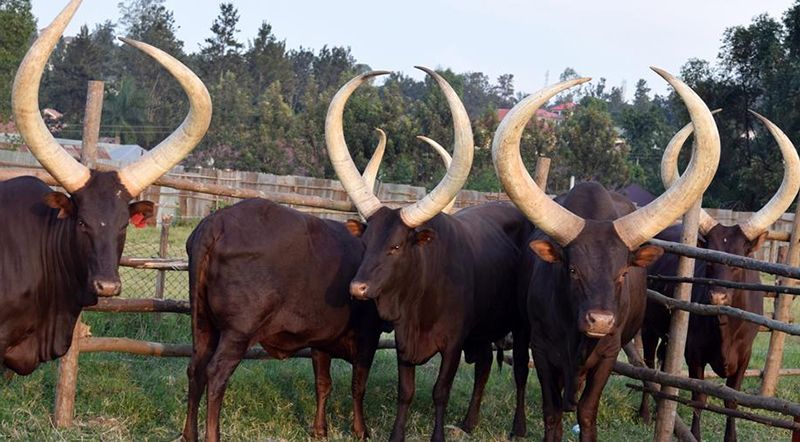Latest News
latest
- What the EU’s New Deforestation Law Means for Uganda’s Coffee Exporters
- UNOC at 10: Milestones in Uganda’s Journey Toward First Oil
- UPDF Builds New Bridge to Improve Trade and Service Access in Kanungu District
- Tyler Robinson, Accused of Killing Charlie Kirk, Makes First Court Appearance
- Magloire Paluku Kavunga, Former Journalist and AFC/M23 Adviser, Shot Dead in Goma
- Kenya Halts US Health Partnership as Data Privacy Battle Intensifies
- Pilsner Lager Sponsors Bakiga Nation’s 10-Year Cultural Celebration
- Visitors to U.S. May Soon Need to Share 5 Years of Social Media Data
- Museveni Highlights 40 Years of NRM Achievements at Kiryandongo Rally, Reaffirms Wealth Creation, Warns Against PDM Fund Abuse
- M23 Rebels Seize Uvira in eastern DR Congo Despite US-Brokered Peace Deal
- U.S. and Uganda Sign $2.2 Billion Health Cooperation Agreement to Strengthen Health Systems and Global Health Security
- Fatal Crash on Iganga–Bugiri Highway Leaves 10 Dead and 3 Injured







































